PROGRAM SCHEDULE 2017-2018
31st Season
| Sun |
Sep |
24 |
2:00 |
Quatuor Mosaïques
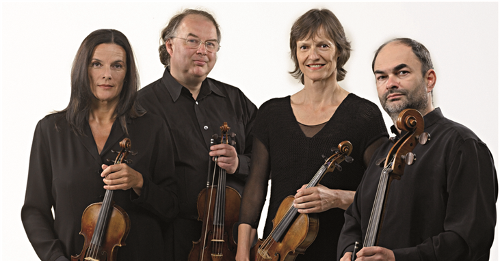
The Quatuor Mosaïques is an Austrian string quartet, founded in 1987 by
four members of the Concentus Musicus Wien, playing on historical
musical instruments and specializing in music of the 18th century.
From their shared experiences as a starting point, they decided
to form a classical string quartet playing on period instruments
with an aim not to create the sort of “authenticity” that belongs
in museums, but rather to ensure in their work a living link to
the great European quartet tradition.
The Quatuor Mosaïques has received the Gramophone Award for
its interpretations of Haydn but their extensive repertoire also
includes lesser-known works as well as more mainstream pieces.
It has also performed works of the early twentieth century by
composers such as Debussy, Bartók and Webern. Join us as we
celebrate the visit of this outstanding string quartet to Toronto.
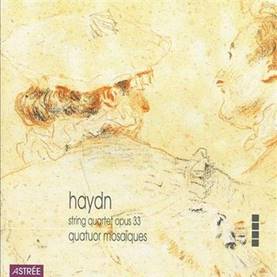
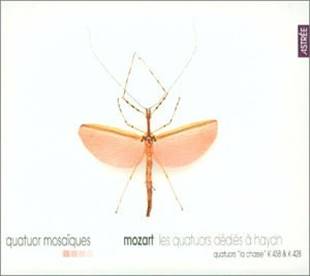
(ta&js/ta&js)
|
| Sun |
Oct |
29 |
2:00 |
Zubin Mehta and The Israel Philharmonic
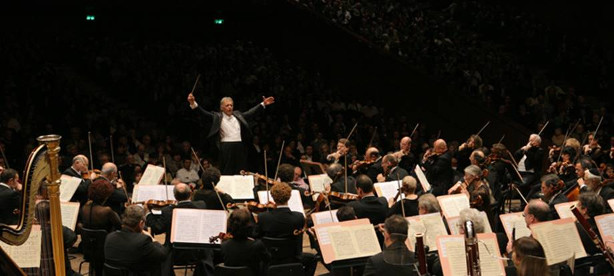
The illustrious Israel Philharmonic Orchestra makes its return to
Toronto under the baton of internationally revered music director
Zubin Mehta. The Israel Philharmonic Orchestra (IPO) appointed
Mehta Music Advisor in 1969, Music Director in 1977, and
Music Director for Life in 1981. Combining concerts, recordings,
and tours, Zubin Mehta has conducted thousands of performances
on five continents with the IPO.
Following IPO’s sold-out Toronto concert, our program will
examine their video recordings with the magnificent long-time
partner, Zubin Mehta. This tour marks Maestro Mehta’s farewell
to the orchestra.
Details of the Toronto concert at Roy Thomson Hall
Saturday, Oct 28, 8PM
· Amit Poznansky: Footnote, Suite for Orchestra
· Maurice Ravel: Suite No. 2 from Daphnis et Chloé
· Richard Strauss: Ein Heldenleben (A Hero’s Life), Op. 40
David Radzynski, violinist
(js&ta/js&ta)
|
| Sun |
Nov |
26 |
2:00 |
Prokofiev: 1917 Premieres
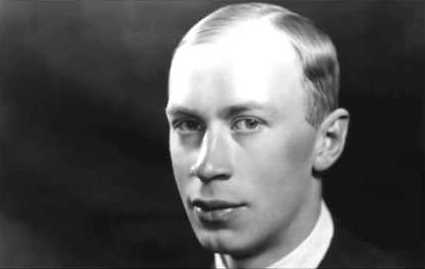
The February Revolution in 1917 resulted in the cancellation of premieres
of several major works by Sergei Prokofiev (1891-1953). His Symphony
No. 1, his opera “The Gambler”, and the Violin Concerto No. 1,
all had to wait to be first performed until 1918, 1929, and 1923,
respectively. Prokofiev felt that he was “left with nothing to do
and time hung heavily on my hands”, and believed that Russia
“had no use for music at the moment”. Consequently, Prokofiev
decided to try his fortunes in America and arrived in
San Francisco on August 11, 1918.
In his tormented year of 1917 Prokofiev composed the cantata
“Seven, They Are Seven” for chorus, orchestra,
and a tenor soloist. He also sketched his Piano Concerto
No. 3, but abandoned it until he could fully devote
himself to the work in 1921. Our program examines the creative
will power of Prokofiev in his most difficult time of turmoil.
(js&ta/js&ta)
|
| Sun |
Dec |
10 |
2:00 |
Beethoven: Symphony No. 9
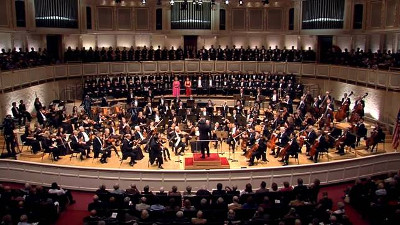
The Symphony No. 9 in D minor, Op. 125, is the final complete
symphony by Ludwig van Beethoven, composed between 1822 and 1824.
It was first performed in Vienna on May 7, 1824. The symphony opened
up new era of orchestral music in its structure, length, addition
of the chorus, and global theme. Without this piece the monumental
symphonies by Mahler and Bruckner could never have existed in the
later modern period. Symphony No. 9 bridges between the formal
elegance of classical symphonies and their universal, philosophical,
romantic successors.
The symphony sounds festive as though it celebrates its own birth.
The piece has been performed very often on special occasions,
including season openings or finales, and the inaugural opening
of concert venues. Maybe this is one of the musical ways to wrap up
the year.
(/ta&js)
|
| Sun |
Jan |
14 |
2:00 |
Romantic Cello Concertos
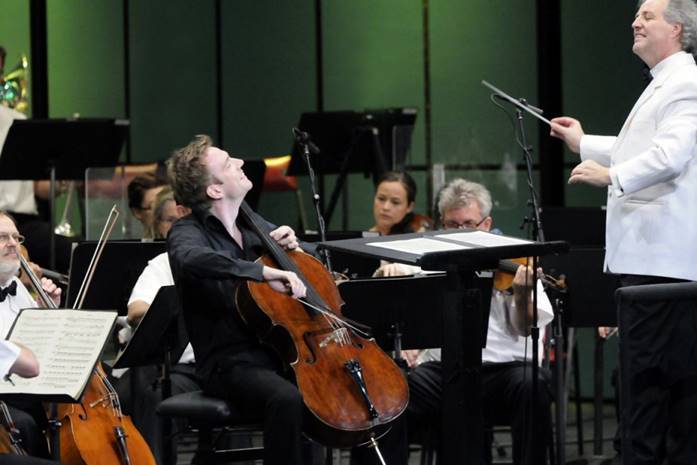
When one thinks of the music of the Romantic period, what usually comes first
to mind are the great songs of Schubert and Schumann as well as the symphonies
of Beethoven, Mendelssohn, and Schubert. From the concerto realm it is the
great piano concertos that also take pride of place. However, a unique
phenomenon began in this period. The cello began to move forward from being
just a participant in string quartets and other chamber music to taking its
place as a solo instrument with orchestra.
To celebrate this incredible body of work, we will examine several of the
greatest examples of this collaboration with the symphony orchestra.
The cello concertos of Schumann, Saint-Saëns, Dvorák,
and Elgar have taken their place on concert programs the world over.
Concentrating on leading soloists such as Yo-Yo Ma, Stephen Isserlis,
and Mstislav Rostropovich, we will focus on audio and video recordings by
them from this incredibly rich period.
Details of concerts February 21 & 22 at Roy Thompson Hall
Toronto Symphony Orchestra, Gustavo Gimeno, conductor
· Dvorák: Cello Concerto with Johannes Moser, cello
· Ligeti: Concert Românesc (Romanian Concerto)
· Beethoven: Symphony No. 4
(ta&js/ta&js)
|
| Sun |
Mar |
4 |
2:00 |
Boito: Mefistofele
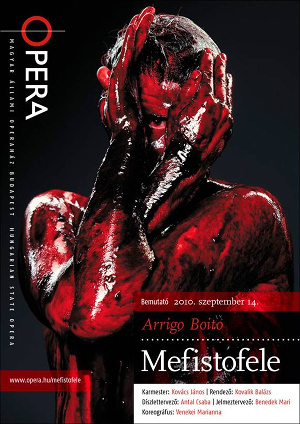
PLEASE NOTE NEW DATE. POSTPONED FROM FEB 25
The Faust legend has been an inspiration to many composers through the years.
Gounod, Schumann, and Liszt are just a few examples.
Our program will examine a 19th-century operatic version by Arrigo Boito
who is perhaps better known as the librettist for Verdi’s
Otello and Falstaff.
March 5, 2018, marks the 150th anniversary of the first performance of
Mefistofele at La Scala in Milan. To commemorate this occasion,
we will sample a number of different audio and video versions of
this exciting work, one of the last of the long line of Italian Romantic operas.
(ta/js)
|
Sun |
Mar |
18 |
2:00 |
Made in Canada: Bruckner's Symphonies
This programme has been postponed until the summer
(js&ta/js&ta)
|
| Sun |
Apr |
29 |
2:00 |
Bernstein: Candide
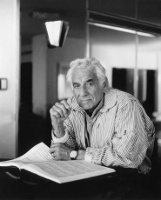
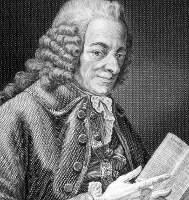
Based on the writings of Voltaire, this musical by Leonard Bernstein — he
always referred to it as an operetta — tells the story of an innocent,
optimistic youth and his adventures in the Old and New World. Created
at the time of the infamous McCarthy hearings in the U.S.,
this work satirically examines whether this is, indeed,
“the best of all possible worlds”. We will experience a selection of
recordings (both audio and video), including one presided over by
the composer himself.
(js&ta/js&ta)
|
| Sun |
May |
20 |
2:00 |
Kent Nagano: Beethoven Symphony Cycle
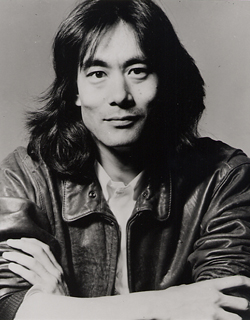
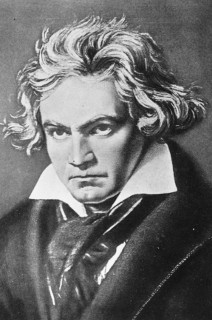
This May there is a rare opportunity to hear a complete cycle of Beethoven’s
symphonies over a short period of time by the same orchestra.
L’Orchestre symphonique de Montréal under its Music Director
Kent Nagano will perform Symphonies Nos. 4 and 5 on May 27 & 28,
Nos. 2 and 6 on May 29, No. 7 on May 30, Nos. 1 and 3 on May 31,
and completing the cycle with No. 9 on June 1 & 2.
Join us for a selection of recordings by this magnificent team of
orchestra and conductor in their fresh interpretation of Beethoven.
(js&ta/js&ta)
|
Summer Season
|
Please note that summer programs are Saturdays at 7:00 P.M.
|
|
| Sat |
Jun |
16 |
7:00 |
Bruckner Symphonies Made in Canada
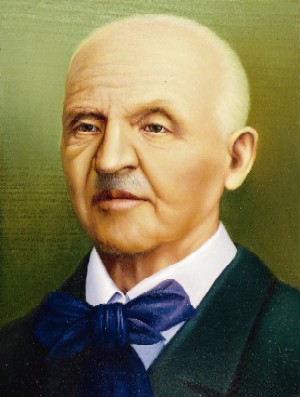
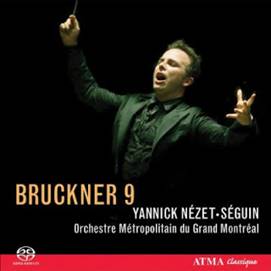
(js&ta/js&ta)
|
| Sat |
Jul |
7 |
7:00 |
The Planets Centennial (Premiered in September 29, 1918)
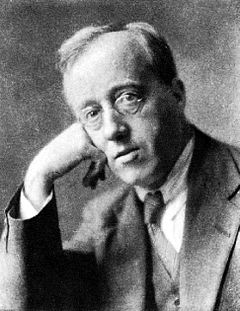
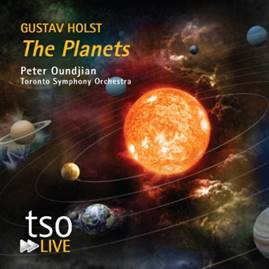
(js&ta/js&ta)
|
| Sat |
Aug |
18 |
7:00 |
BYOR
Bring Your Own Recordings
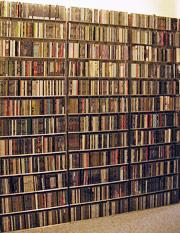

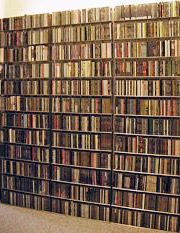
Members are invited to bring their own CDs, Blu-Rays and DVDs which they
would like to share with other members of the club. Please limit
the length of your selection to about ten minutes, permitting
everyone to have a chance.
(js&ta/bs)
|
|

